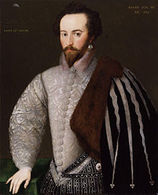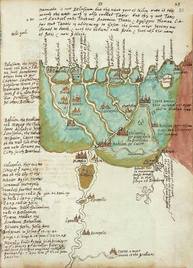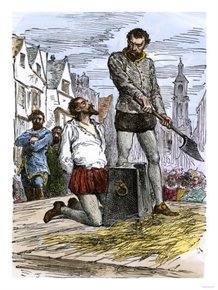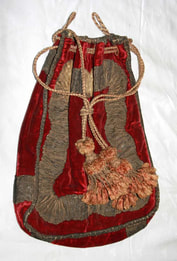Raleigh spent his childhood in a small village not far from East Budleigh on the edge of Dartmoor in Devon. History tells us he studied at Oriel College Oxford and in the Middle Temple in London, however at his trial in 1603 he stated that he had never studied law. He quickly came to prominence and then to court and was knighted in 1585.
In all his years in court he is said to have retained his strong West Country accent.
Elizabeth died in 1603 and Raleigh soon found that her successor, King James I, was not keen on him either, and that same year he was accused of plotting against the king and sentenced to death, but this was later reduced to life imprisonment.
"O eloquent, just and mightie death, whom none could advise, thou hast perswaded."
I expect when writing this he didn't imagine it would come so soon.
In 1616 James sent Raleigh to Guiana in a search for gold but two years later he accused of inciting war between Spain and England, James re issued the first death sentence. Sir Walter Raleigh was beheaded outside the Palace of Westminster on 29th October 1618. It has been said, as he stood before the block at the Tower of London, he asked to see the axe that was to behead him and of it he said.
"This is a sharp medicine, but it is a physician for all diseases."





 RSS Feed
RSS Feed
